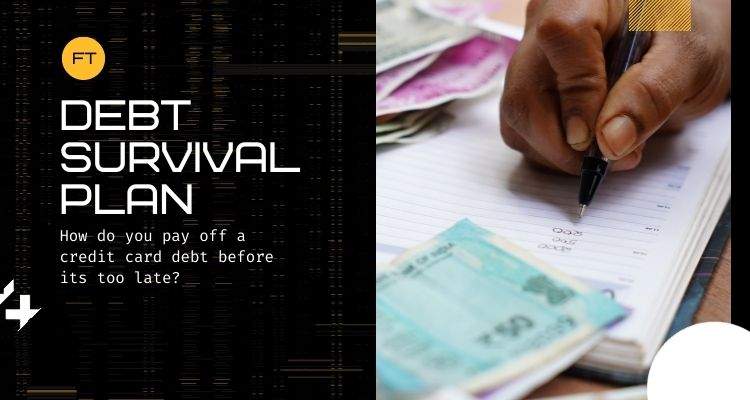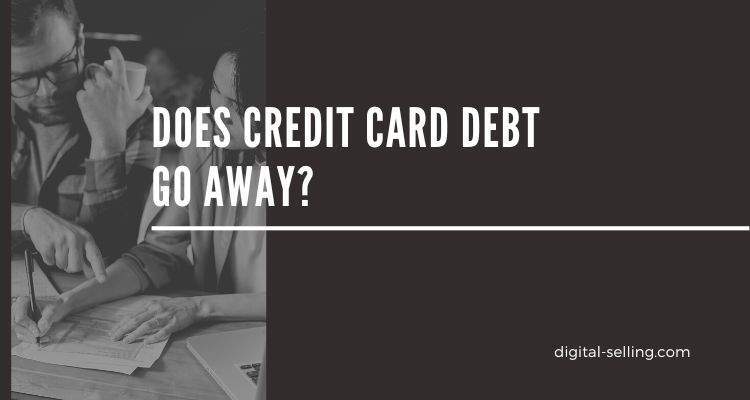How do you pay off a credit card? This common financial question requires a strategic approach to manage debt and improve credit scores.
Understanding Your Credit Card Debt
Before diving into specific strategies, it’s essential to understand the nature of your credit card debt. Credit cards come with high-interest rates, which can quickly accumulate if balances are not paid in full each month. The key to effectively managing and paying off a credit card is to have a clear understanding of your debt, including the total amount owed, interest rates, and minimum monthly payments.
8 step on how do you pay off a credit card
Step 1: Assess Your Financial Situation
The first step in figuring out how do you pay off a credit card is to assess your financial situation. Take stock of your income, expenses, and any other debts you might have. This assessment will help you determine how much money you can allocate towards paying off your credit card each month. Creating a budget can be a valuable tool in this process. List all your monthly income sources and expenses, then identify areas where you can cut back to free up more funds for debt repayment.
Step 2: Choose a Repayment Strategy
There are several strategies to consider when deciding how do you pay off a credit card. Each has its own advantages, depending on your financial situation and personal preferences.
The Snowball Method
The snowball method involves paying off the smallest balance first while making minimum payments on the other cards. Once the smallest debt is paid off, you move on to the next smallest, and so on. This method can be motivating as you see debts eliminated one by one, creating a psychological boost.
The Avalanche Method
The avalanche method focuses on paying off the card with the highest interest rate first while making minimum payments on the others. This approach can save you more money in interest payments over time, although it may take longer to see the first card paid off.
Step 3: Increase Your Monthly Payments
One of the most effective ways to pay off a credit card faster is to increase your monthly payments. Even a small increase can significantly reduce the time it takes to pay off the debt and the amount of interest you’ll pay over the life of the balance. Look for ways to cut discretionary spending or increase your income, such as taking on a part-time job or selling unused items.
Step 4: Transfer Balances to a Lower Interest Card
Balance transfer credit cards can be a useful tool in managing high-interest debt. These cards often come with an introductory 0% APR period, allowing you to transfer high-interest balances and pay them off interest-free for a set period. Be sure to read the terms and conditions carefully, as balance transfer fees and the end of the introductory period can impact the overall cost.
Step 5: Consolidate Your Debt
Another strategy to consider when figuring out how do you pay off a credit card is debt consolidation. This involves taking out a personal loan with a lower interest rate to pay off your credit card balances. This can simplify your payments and potentially lower your interest rate, making it easier to manage and pay off your debt. Ensure that you do not accumulate new credit card debt while paying off the consolidation loan.
Step 6: Automate Your Payments
Automating your payments can help ensure that you never miss a due date, avoiding late fees and additional interest charges. Set up automatic payments through your bank or credit card issuer to cover at least the minimum payment each month. If possible, schedule additional payments to reduce your balance more quickly.
Step 7: Negotiate With Creditors
If you’re struggling to keep up with your credit card payments, don’t hesitate to contact your creditors. Many credit card companies are willing to work with customers facing financial hardship. They may offer lower interest rates, reduced payments, or even settle for a lump-sum payment less than the total balance. It’s always worth asking for assistance rather than falling behind on payments.
Step 8: Seek Professional Help
If your debt feels overwhelming and you’re not sure how do you pay off a credit card, consider seeking help from a credit counseling agency. These organizations offer free or low-cost advice and can help you develop a debt management plan. They may also negotiate with creditors on your behalf to reduce interest rates and waive fees.
Maintaining Good Habits Post-Payoff
Paying off a credit card is a significant achievement, but maintaining good financial habits afterward is equally important. Here are a few tips to help you stay debt-free:
- Create and Stick to a Budget: Continue to monitor your spending and stick to a budget that allows you to live within your means.
- Use Credit Wisely: Only charge what you can afford to pay off in full each month to avoid accumulating new debt.
- Build an Emergency Fund: Having a savings cushion can prevent you from relying on credit cards for unexpected expenses.
- Monitor Your Credit Report: Regularly check your credit report for errors and signs of identity theft, as well as ensure your credit score remains healthy.
Final words about how do you pay off a credit card
Understanding how do you pay off a credit card involves a combination of assessing your financial situation. Hence, choosing the right repayment strategy, and maintaining disciplined financial habits. Whether you opt for the snowball method, avalanche method, balance transfers, or debt consolidation, the key is to stay committed to your plan. By taking proactive steps and seeking professional help if needed, you can successfully pay off your credit card debt and achieve financial stability.


